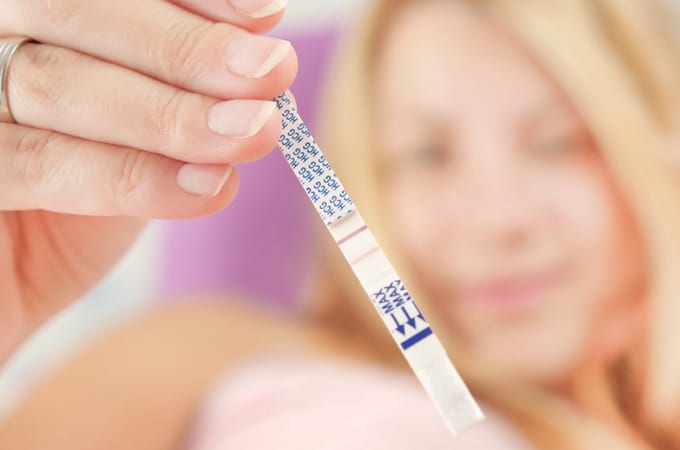A chemical pregnancy is a miscarriage that occurs within the first five weeks of pregnancy. At this early stage of gestation, the only way to confirm a pregnancy is with a biochemical test. Ultrasounds are unable to detect pregnancy before week six.
It is estimated that around half of all first pregnancies end in miscarriage. Chemical pregnancy is thought to make up the majority of miscarriages that occur early in the pregnancy.
What causes a chemical pregnancy?
There are a number of known possible causes for chemical pregnancies, including:
-
Fetal chromosomal abnormality
-
Uterine abnormality
-
Hormone deficiency
-
Fibroids
How are chemical pregnancies diagnosed?
Most women will not realise they are pregnant so early in the pregnancy, and so the chemical pregnancy may go undiagnosed. Women who are actively trying to conceive, especially those who are monitoring their ovulation and menstrual cycles, are more likely to be aware that they have experienced a chemical pregnancy. Symptoms of chemical pregnancy include:
-
Late period
-
A positive pregnancy test
-
Decreasing hCG levels
To diagnose a chemical pregnancy, your healthcare provider will test your hCG levels on two separate occasions. This will be done by either blood or urine tests. At the start of pregnancy, hCG levels increase rapidly. If the tests show that your hCG levels are decreasing, this will confirm that you are not pregnant. In some cases, an ultrasound scan may be required to give a more final diagnosis.
Most women find that their uterus will spontaneously abort the pregnancy. This will be similar to a normal menstrual cycle. Some women find the bleeding is heavier or last longer, and others report that they experienced a lighter bleed than normal.
Why do I feel so sad?
The use of early pregnancy home testing kits means you are more likely to be aware of a chemical pregnancy. If you have been trying to conceive for some time, or were excited to discover you were pregnant, being diagnosed with a chemical pregnancy can be devastating. The loss or grief you may be experiencing is real, no matter how early the miscarriage occurred. Speak to your partner, and close friends and family for support.
Getting pregnant again
Chemical pregnancies do not lead to any side effects or long term damage. In fact, you are encouraged to start trying to get pregnant again as soon as you feel emotionally ready. Most women go on to have healthy pregnancies.
If you have suffered multiple chemical pregnancies, you should speak to your healthcare provider for advice.
This information is not intended to replace the advice of a doctor. Health & Parenting Ltd disclaims any liability for the decisions you make based on this information. All contents copyright © Health & Parenting Ltd 2013. All rights reserved.










